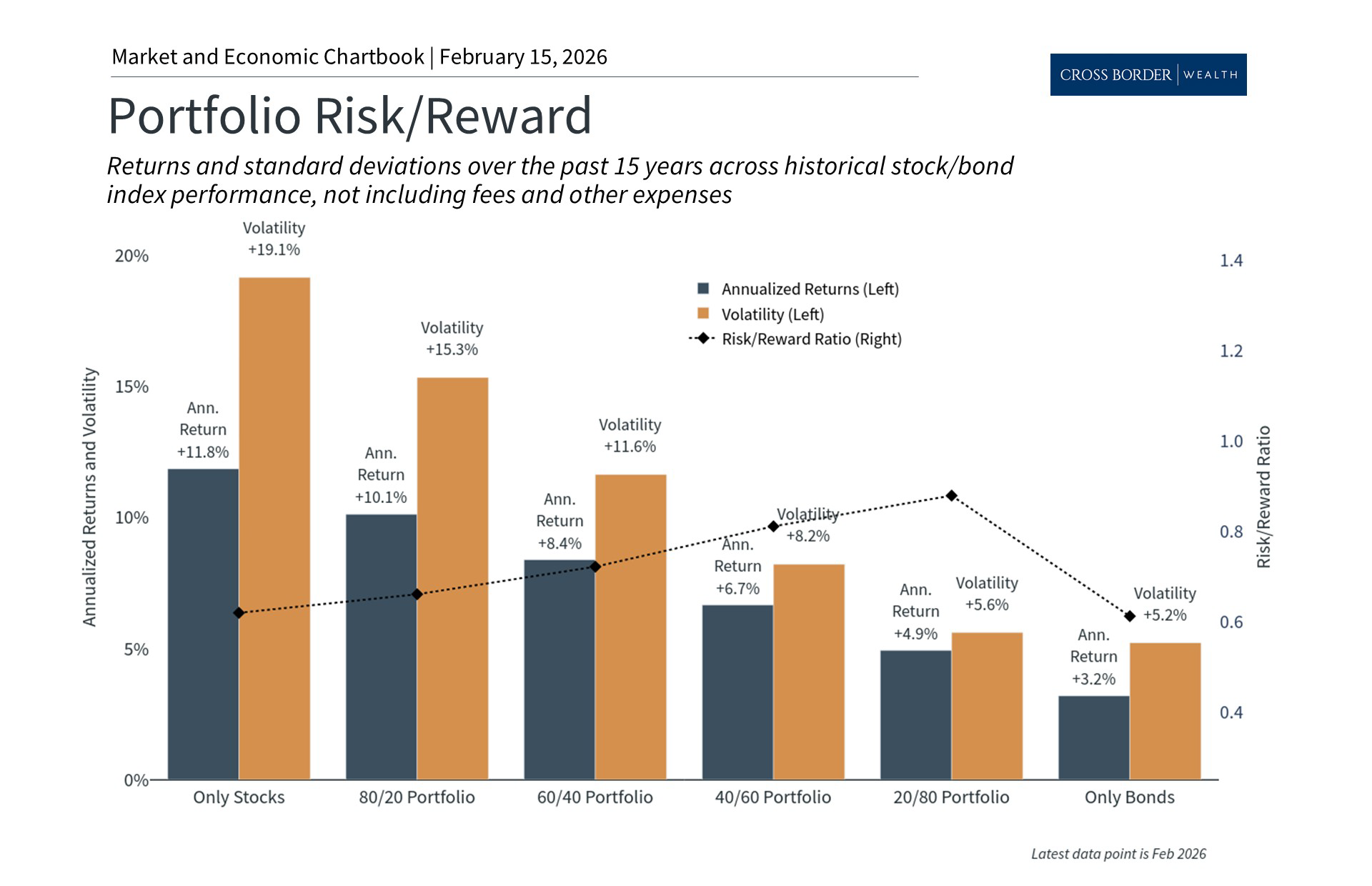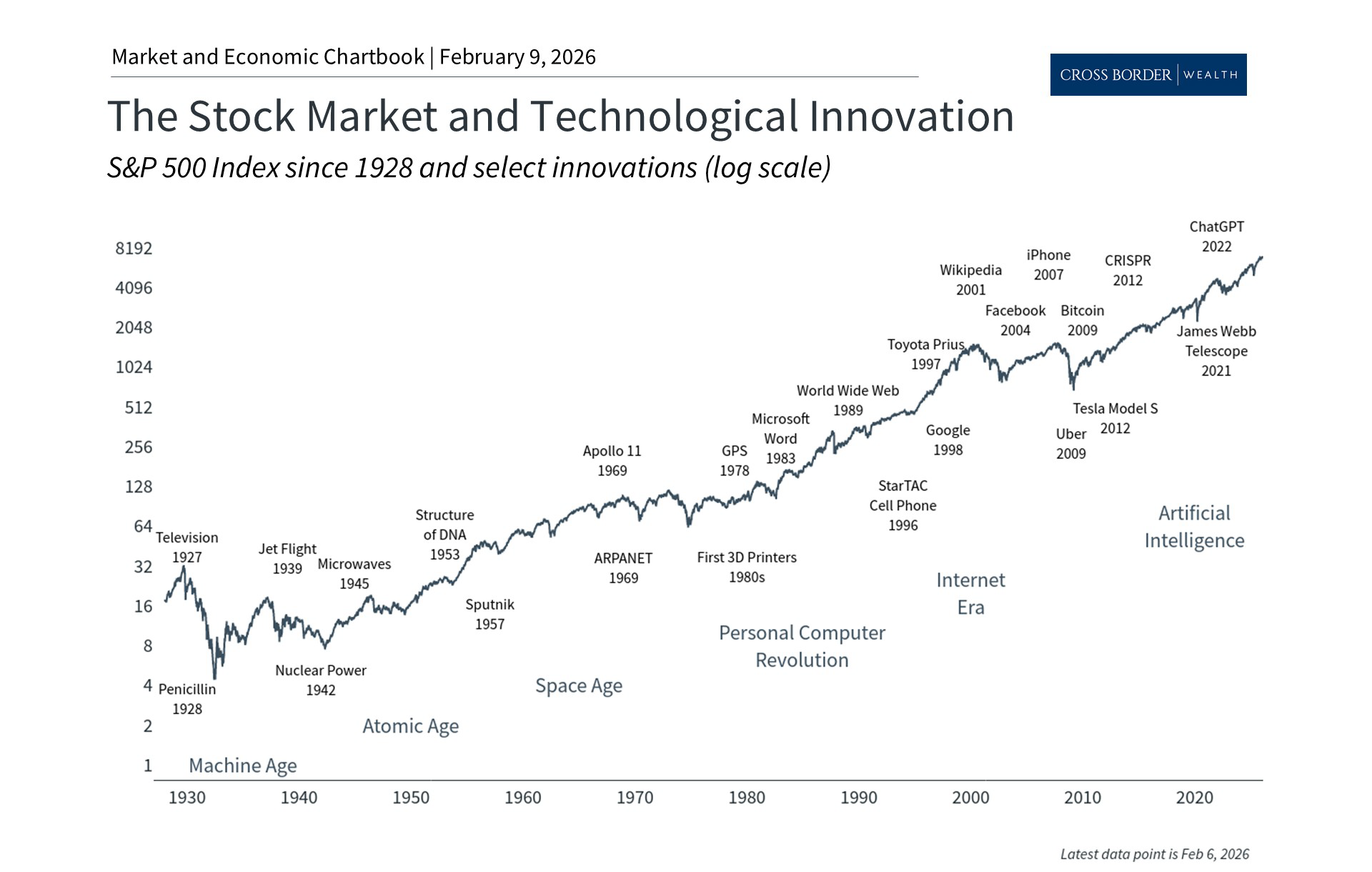Federal Income Tax Returns Due for Most Individuals
- Global Wealth Management
- 3 mins
Tax deadline for most individuals:
- Tuesday, April 18, 2023
- Monday, May 15, 2023, for certain New York storm victims
- Monday, July 31, 2023, for certain Mississippi storm victims
- Monday, October 16, 2023, for disaster-area taxpayers in most of California and parts of Alabama and Georgia
The federal income tax filing deadline for individuals is generally Tuesday, April 18, 2023.
The IRS has postponed the deadline to file federal income tax returns and make tax payments for certain New York storm victims until May 15, 2023, and to July 31, 2023, for certain Mississippi storm victims. The deadline has been postponed for disaster-area taxpayers in most of California and parts of Alabama and Georgia until October 16, 2023 (there is no need to file for an extension). The current list of eligible localities and other details for each disaster are always available on the Tax Relief in Disaster Situations page on irs.gov.
Need more time?
If you're not able to file your federal income tax return by the April (or May or July) due date, you can file for an extension by the April (or May or July) due date using IRS Form 4868, Application for Automatic Extension of Time to File U.S. Individual Income Tax Return. Filing this extension gives you until October 16, 2023, to file your federal income tax return. You can also file for an automatic extension electronically (but only if filed by the original April due date) (details on how to do so can be found in the Form 4868 instructions). There may be penalties for failing to file or for filing late.
Special rules apply if you're living outside the country, or serving in the military outside the country, on the regular due date of your federal income tax return.
Pay what you owe
One of the biggest mistakes you can make is not filing your return because you owe money. If the bottom line on your return shows that you owe tax, file and pay the amount due in full by the due date if at all possible. If you absolutely cannot pay what you owe, file the return and pay as much as you can afford. You'll owe interest and possibly penalties on the unpaid tax, but you will limit the penalties assessed by filing your return on time, and you may be able to work with the IRS to pay the unpaid balance (options available may include the ability to enter into an installment agreement).
It's important to understand that filing for an automatic extension to file your return does not provide any additional time to pay your tax. When you file for an extension, you have to estimate the amount of tax you will owe; you should pay this amount by the April (or May or July) filing due date. If you don't, you will owe interest, and you may owe penalties as well. If the IRS believes that your estimate of taxes was not reasonable, it may void your extension.
Tax refunds
The IRS encourages taxpayers seeking tax refunds to file their tax returns as soon as possible. The IRS anticipates most tax refunds being issued within 21 days of the IRS receiving a tax return if the return is filed electronically, the tax refund is delivered through direct deposit, and there are no issues with the tax return. To avoid delays in processing, the IRS encourages people to avoid paper tax returns whenever possible.
IRA contributions
Contributions to an individual retirement account (IRA) for 2022 can be made up to the April due date (without regard to extensions) for filing the 2022 federal income tax return. Certain New York storm victims have until May 15, 2023, to make contributions to an IRA for 2022; certain Mississippi storm victims have until July 31, 2023; and disaster-area taxpayers in most of California and parts of Alabama and Georgia have until October 16, 2023.
Cross Border Wealth is a SEC-registered investment adviser which may only transact business in those jurisdictions in which it is registered or qualifies for an exemption or exclusion from registration requirements.
Cross Border Wealth may discuss and display charts, graphs, formulas, stock, and sector picks which are not intended to be used by themselves to determine which securities to buy or sell, or when to buy or sell them. This specific information is limited and should not be used on their own to make investment decisions.
All information provided in this article is for educational purposes only and does not intend to make an offer or solicitation for the sale or purchase of any specific securities, investment, or investment strategies. Please ensure to first consult with a qualified financial adviser and or tax professional. Further, please note that while said information has been obtained from known sources which are believed to be reliable, none of these are guaranteed.
-1.jpg)

